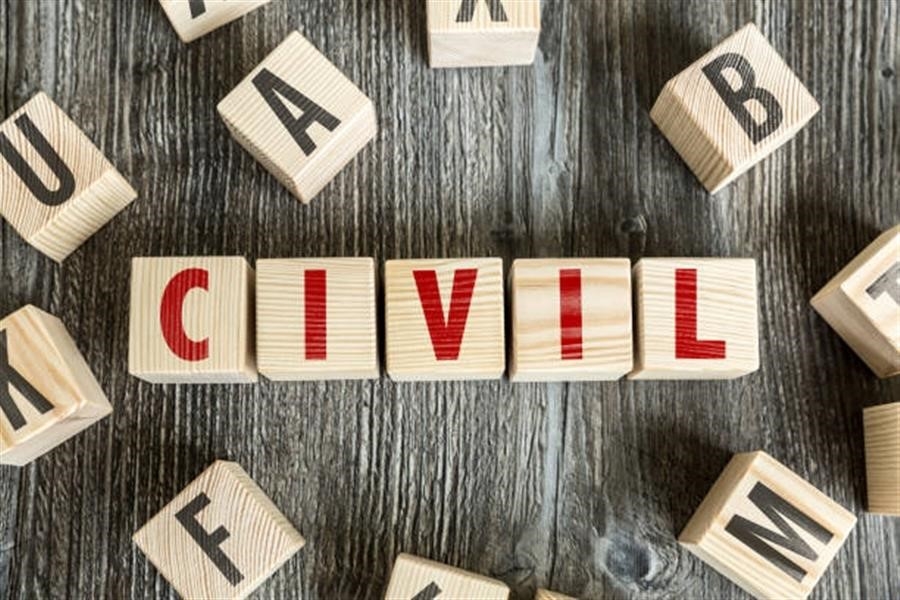Victims need to be fully informed of the trial process, receive emotional support, participation within the process and respect from criminal justice professionals.
Criminal justice is a process in which a sequence of events occur when a crime is committed. This system is used by the government to maintain social control, enforce laws and administer justice. The steps start with the crime being committed and ends with the release of a convicted offender from correctional supervision.
The following flow chart is a simple explanation of the court process and some of the terms to help you better understand and what to expect once you become a victim or complainant of a crime.
The Incident: Many situations may occur where domestic-type charges may arise. An argument or a physical confrontation between partners may result in a call being made to the police. The woman will make a complaint about her partners’ behavior towards her which may involve allegations of violence or threats towards her.
Call 911: If for any reason you feel threatened, unsafe, scared or if you or your children are in danger the call to 911 must be made for the protection of yourself and your children. In response, the police will be sent to investigate. Two police officers will usually arrive on the scene usually, one to interview the woman and one to interview the man. Typically, the allegations of criminal behaviour by the wife will result in her partner being charged/arrested.
The Arrest: The accused is put in handcuffs and taken to the police station where he will be detained in custody until he can be taken to court for a bail hearing. Rarely is the accused processed and released from the station.
The Investigation: After the police interview with the victim many things may happen. If there are any signs of physical injuries, they may be photographed by the police. The victim may be asked to review and sign a written statement by the office. In some cases she may be asked to attend the police station to give an audiotaped or videotaped statement.
The Trial: At the trial the complainant (victim) will usually be called as a witness by the prosecution to prove the case against the accused. Evidence will be argued and presented from both sides to determine the guilt or innocence of the accused. A trial is heard before a judge or a jury with a prosecutor and defense attorney participating. Trials can be emotionally exhausting for the victim and may become extensive in length. The victim will need all and any supports she may have.



